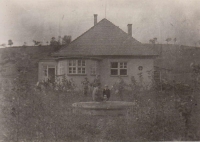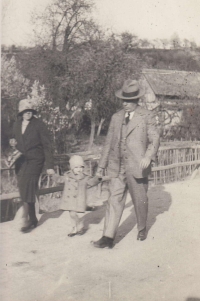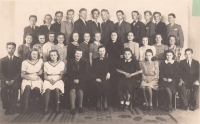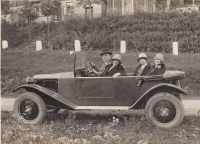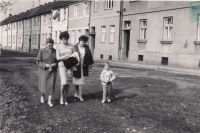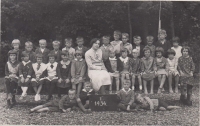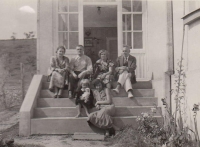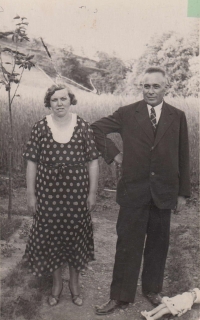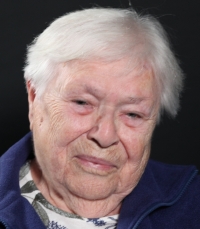Always think twice before you do something

Download image
Irena Freundová was born on 2 June 1927 in Slušovice to the family of postmaster Eduard Freund and accountant Vlasta Freundová. She spent her teenage years in the shadow of the events of the Second World War. The grammar school in Kroměříž, where she studied, was closed by the Nazis during the war. The Freund family had no money to spare, so soon after the school closed, Irena started working for the family of butcher Pražák from Kroměříž, who, as it turned out later, supplied the partisans with his meat. Just after the war, she saw lynchings of collaborators and innocent people alike. After February 1948, the entire Freund family was hit hard by the monetary reform. Irena Freundová experienced the invasion of the Warsaw Pact troops in August 1968 while working at the post office - the telephone network went out, and soldiers aimed an artillery gun at her in the street. During the normalization period, she witnessed a member of State Security violate letter secrecy at the post office.
